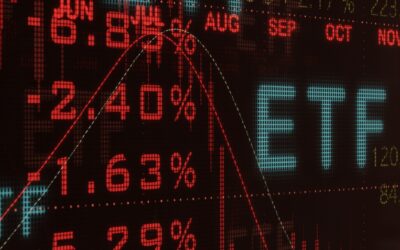Fund selectors have become key clients for asset managers. It is therefore vital that managers understand how these gatekeepers go about selecting and rejecting funds.
The investment funds industry has been converging for a good number of years, following a sustained period of relatively benign markets. Pre-Covid 19, some managers struggled to attract institutional investors as they labored to differentiate their offerings.
The global pandemic may have turned the world order on its head but, arguably, the resulting market turmoil has given active funds the opportunity to stand out and see their investment process in action. Investment managers now have a chance to flex their investment instinct to locate sound investments in this volatile environment. A critical element in managers motivating interest in their strategy, and thus growing their assets, is the way professional buyers access these funds.
This report seeks to determine the key channels through which this group of investors identify the funds they are interested in buying. It also examines the factors which help them select or reject the vehicles and strategies on offer.


Larry Swedroe, Chief Research Officer at Buckingham Strategic Wealth1
There is a tussle in the world of fund selection between hard and soft factors when assessing managers.
Larry Swedroe, Chief Research Officer at Buckingham Strategic Wealth1 comments: “Despite the evidence demonstrating that manager performance-chasing is a loser’s game, the tradition continues, making this behavior one of the great anomalies in behavioral finance. Why do investors keep repeating the same behavior and expecting a different outcome? Einstein said that is the definition of insanity.”
Several academic studies show institutional investors often hire investment managers after they generate significant returns, then fire them when they perform more poorly. However, evidence suggests the fired managers’ performance often goes on to improve, meaning the investors should have retained the manager in the first place.
Moving beyond past performance, investors are making increasing reference to soft factors when making fund buying decisions. In their book The Trust Mandate, authors Herman Brodie and Klaus Harnack outline this trend. According to them, the three most prominent soft factors investors should take into consideration are a consistent investment philosophy, clear decision-making process and capable investment professionals. Although the pandemic has made evaluating these soft factors more of a challenge, professional buyers have, anecdotally, attested to their growing importance. If anything, the lack of face-to-face interaction has shown the investors just how crucial certain qualitative, subjective measures can be when choosing a manager.
Access Report Snapshot
To read a snapshot PDF of this report click below.
Access Full Report
To access the full report, please provide the details below and a member of our team will contact you.




